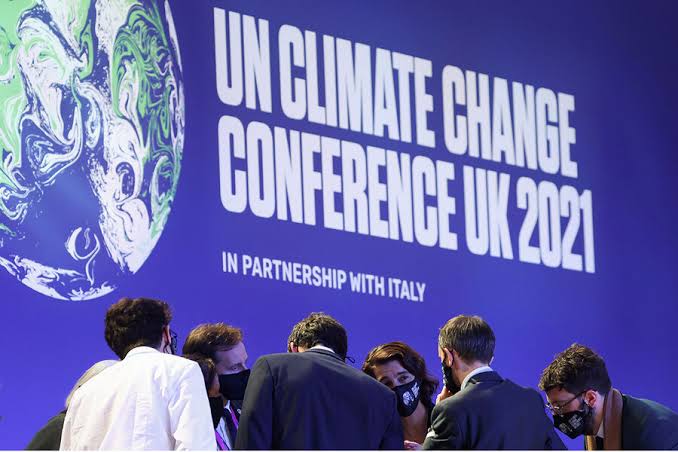Scientific Consensus and Evidence
The scientific consensus on global warming is robust and supported by decades of research. The Intergovernmental Panel on Climate Change (IPCC), a body of the United Nations, synthesizes the findings of thousands of scientists worldwide. Their reports highlight that global temperatures are rising due to increased concentrations of greenhouse gases, primarily carbon dioxide, methane and nitrous oxide, resulting from human activities such as burning fossil fuels, deforestation and industrial processes. This warming has led to observable changes such as melting glaciers, rising sea levels and more frequent extreme weather events. Sceptics often argue that climate change is exaggerated or a natural cycle. It's true that Earth's climate has undergone variations throughout its history. However, the current rate of warming is unprecedented in the context of the past millennia. Ice core samples reveal that atmospheric CO2 levels are higher now than at any point in the last 800,000 years. The rapid increase correlates strongly with the industrial era's onset, indicating a significant human influence.
The Myth of Financial Gain in Climate Science
One might question what constitutes a "regular" climate. Earth's climate has natural variability, influenced by factors such as solar cycles, volcanic activity and ocean currents. However, the stability of the Holocene epoch, roughly the last 11,700 years, has provided a relatively predictable climate, allowing human civilization to flourish. The current deviation from this stability due to human-induced warming poses risks to agricultural productivity, water resources and infrastructure impacting societies globally. The notion that scientists promote climate change for financial gain is a common conspiracy theory but lacks substantive evidence. Scientific research is a rigorous process, subject to peer review and scrutiny. While funding is necessary for conducting research, the motivations of the scientific community are generally driven by the pursuit of knowledge and addressing global challenges. Additionally, many scientists and organizations advocating for climate action are non-profit entities with missions aligned towards public good rather than profit.
Socio-Political Dynamics and Global Cooperation
The socio-political aspects of climate change are indeed complex. Policy decisions, economic interests and public opinion play significant roles in how the issue is addressed. Fossil fuel industries, for instance, have substantial financial stakes and have historically lobbied against climate regulations. Conversely, the transition to renewable energy presents economic opportunities and job creation in new sectors. Governments must balance these interests while considering the long-term sustainability of their nations and the planet. Addressing global warming requires international cooperation, as it is a global issue transcending national borders. Efforts such as the Paris Agreement aim to unify countries in reducing greenhouse gas emissions. Critics argue that such agreements are either too stringent or too lenient, reflecting the challenge of aligning diverse national priorities. Nonetheless, the scientific evidence indicates that proactive measures are necessary to mitigate severe future impacts.
Public perception and media representation of climate change also influence the discourse. Media coverage can sometimes sensationalize or oversimplify the issue, leading to confusion and scepticism. Effective communication of scientific findings and the tangible benefits of climate action, such as improved air quality and energy security, are crucial in building public support.
In conclusion, global warming is a genuine issue supported by extensive scientific evidence. The impacts of climate change are already manifesting and pose significant risks to natural and human systems. While the socio-political dynamics are complex, the overarching goal is to ensure a sustainable future for all. Dismissing climate change as a hoax or a ploy undermines efforts to address a critical challenge facing humanity. The scientific community, policymakers, and the public must collaborate to implement solutions that mitigate risks and promote resilience in the face of a changing climate.
